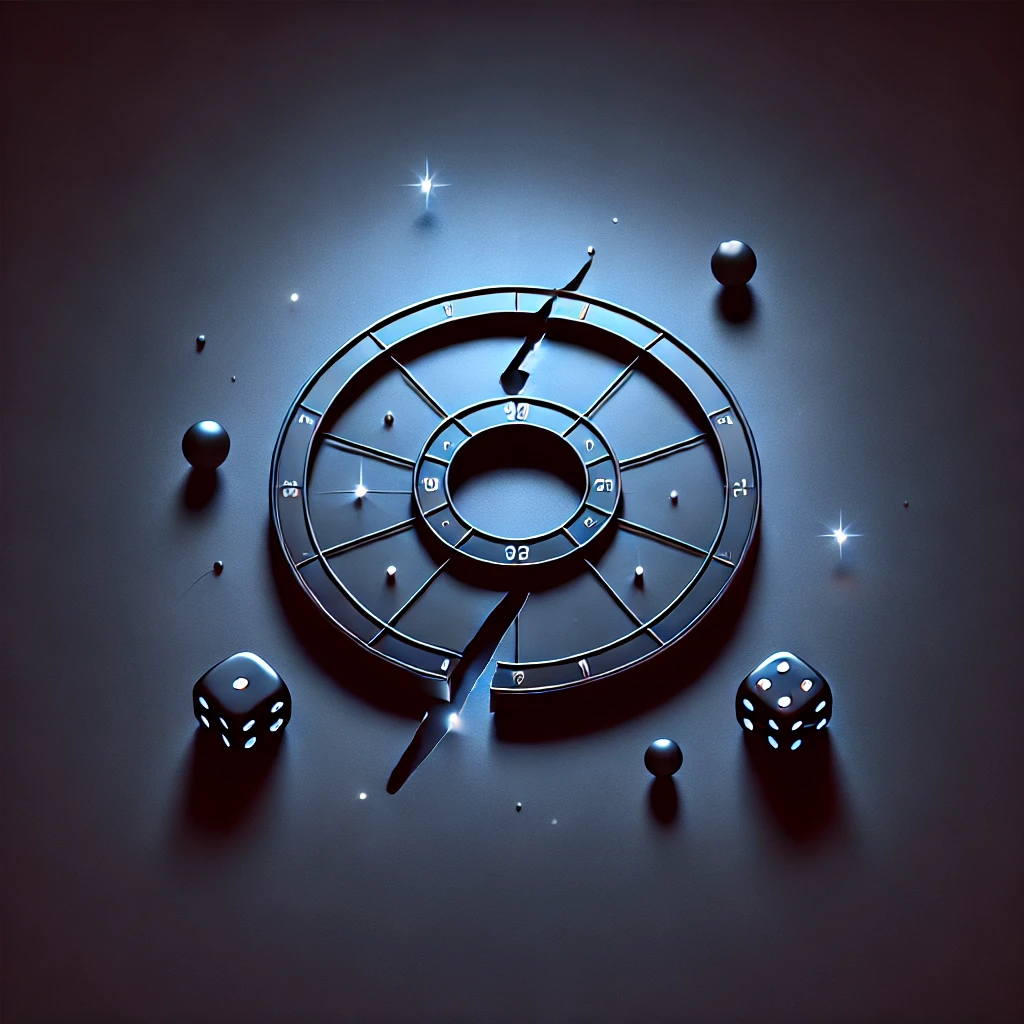This post is also available in Dutch.
New research led by Mohsen Joshanloo from Keimyung University set out to test this claim. Using a nationally representative dataset, the study looked at whether zodiac signs have any connection to happiness, health, or life satisfaction—and the results might make you rethink those horoscope predictions.

Testing Astrology: What the Study Found
Astrology often claims that your zodiac sign influences your personality, emotions, and even how happy or successful you are. But is there any truth to this?
To find out, researchers analyzed data from the General Social Survey, a respected national survey in the U.S. that has been collecting information about people’s attitudes and experiences for decades. In this study, the researchers measured well-being—a fancy term for how happy or satisfied people feel—using eight categories, including:
- Overall happiness
- Mental health
- Job and financial satisfaction
- Physical health
- Marital happiness
They then compared these well-being scores across 12 zodiac signs to see if people born under certain signs were happier or healthier than others.
The findings? Zodiac signs had no effect. Not even a little.
Zodiac Signs vs. Random Numbers
The researchers took things a step further to be sure their results weren’t just a fluke. They checked whether zodiac signs predicted happiness better than random numbers—and the results were eye-opening.
Zodiac signs turned out to be no better than random chance. In fact, they were about as accurate as rolling dice or picking numbers from a hat.
For example:
- People born under Leo weren’t any more confident than others.
- Pisces didn’t show extra sensitivity.
- Capricorns weren’t more ambitious.
Even after accounting for factors like age, gender, and education, any differences between zodiac signs were so tiny that they could easily be explained by chance—like flipping a coin.
Why Do People Still Believe in astrology?
The researchers pointed out to a few psychological reasons that keep astrology alive:
- Our Brains Love Patterns.
Humans are natural pattern-seekers (For readers curious about this topic, check out this paper). We’re wired to look for connections, even where none exist. When a horoscope seems to describe us perfectly, it’s usually just vague enough to fit anyone’s life—but our brains treat it as a personal insight.
- Comfort in Uncertainty.
Life can feel unpredictable, and astrology offers a sense of control and comfort. Reading horoscopes can make people feel reassured about their decisions, even if it’s just an illusion.
- Self-Fulfilling Prophecies.
Once we believe something about ourselves, we often act in ways that make it come true. For example, if you’re told that Leos are bold leaders, you might start acting more confident, reinforcing the belief.
- Astrological Stereotyping.
Others may also treat you based on zodiac assumptions—whether it’s thinking a Virgo is overly critical or a Sagittarius is adventurous. These stereotypes can subtly influence behavior, making astrology seem more accurate than it really is.
Why Does This Matter?
Believing in astrology might seem harmless, but the study raised important questions about evidence-based thinking.
For example:
- Zodiac stereotypes can lead to snap judgments about people—whether it’s assuming someone’s shy because they’re a Cancer or bold because they’re a Leo.
- These ideas might seem harmless, but they can sneak into real-life decisions, from relationships to hiring.
Relying on astrology to guide major life choices could also distract from science-backed strategies for happiness—like building strong relationships, prioritizing health, and pursuing meaningful goals.
Challenging Pseudoscience
This research highlighted the importance of critical thinking in a world full of pseudoscience. It’s a reminder to question labeling and look for scientific evidence before accepting ideas as truth.
Astrology might make for fun conversation, but when it comes to understanding happiness, the answers aren’t written in the stars. Instead, they lie in our actions, habits, and connections with others.
Final Thoughts
The study by Joshanloo offers a fascinating glimpse into the science of well-being—and challenges us to separate fact from fiction. While astrology can be entertaining and offer psychological comfort, this research highlights its lack of scientific basis and the need to be mindful of stereotypes.
So, the next time you read your horoscope, have fun with it—but remember, happiness isn’t written in the stars. It’s shaped by the choices you make every day.
Credits
Author: Amir
Buddy: Lucas
Editor: Xuanwei
Translation: Hilde
Editing Translation: Dirk-Jan
